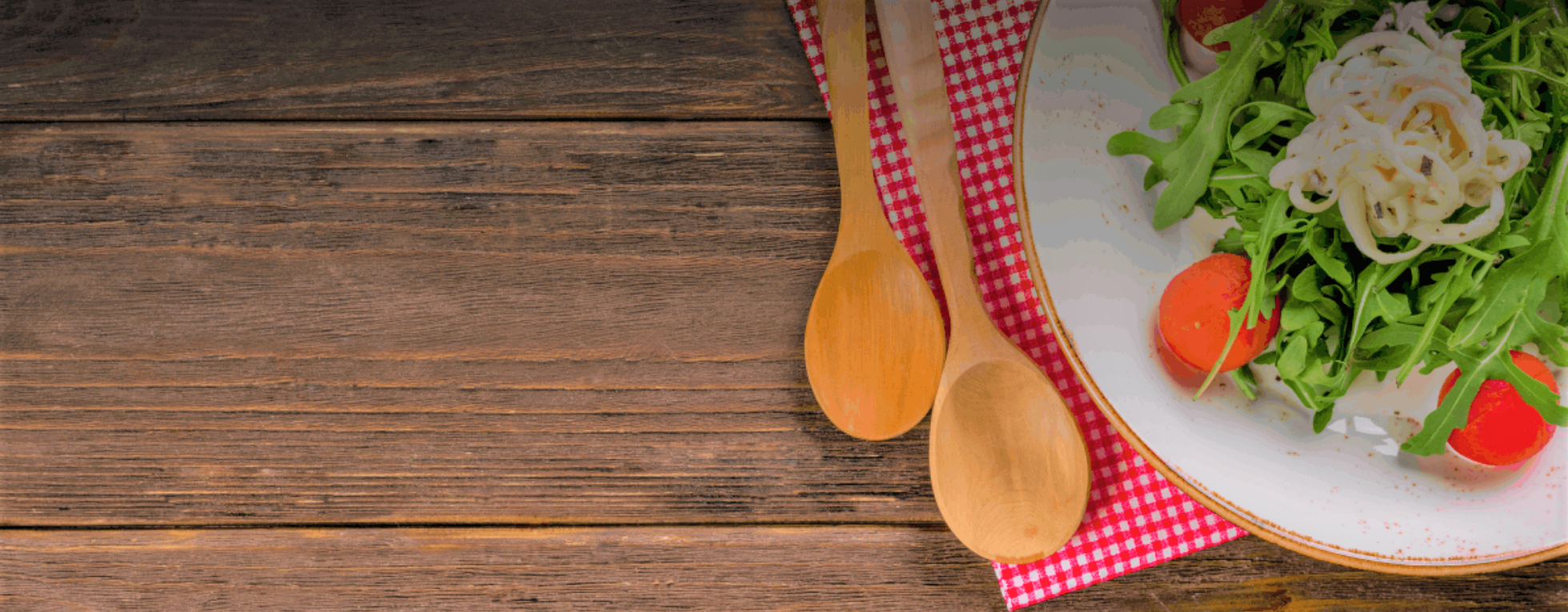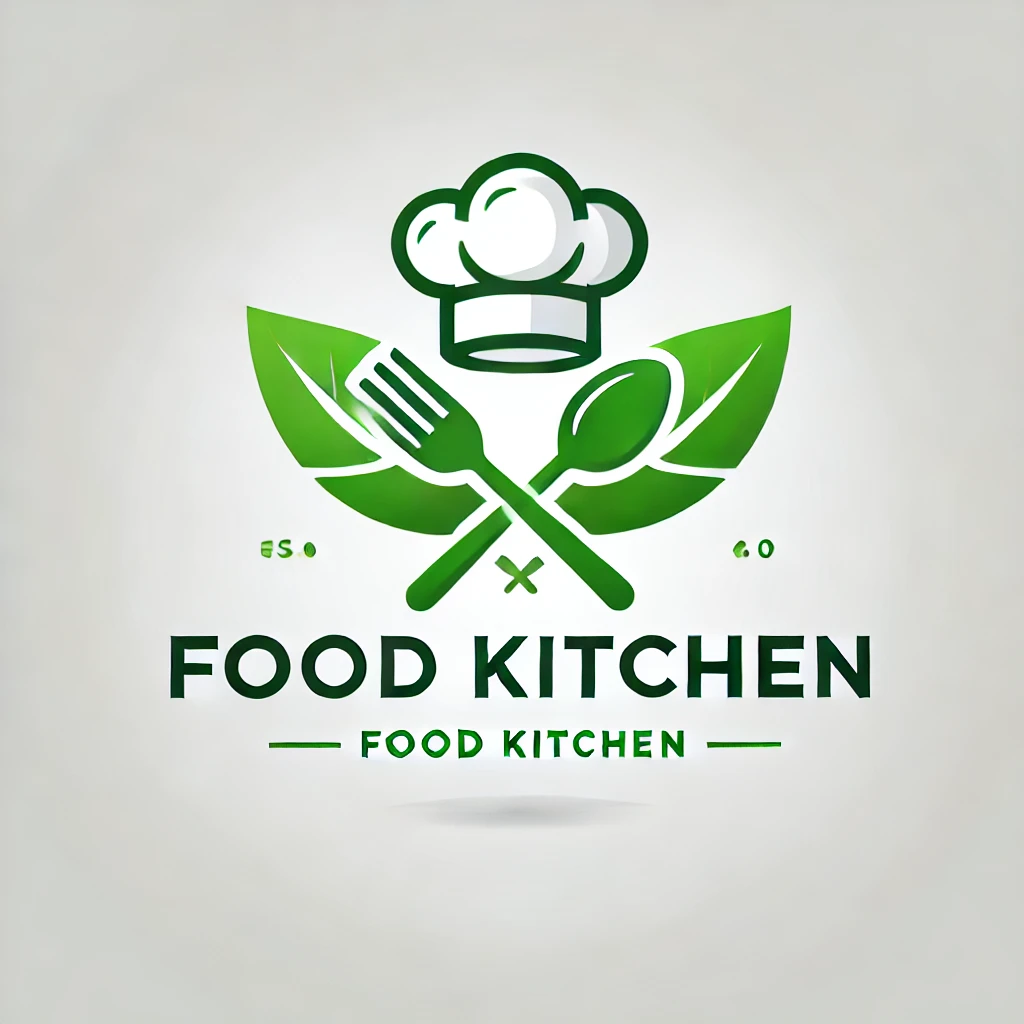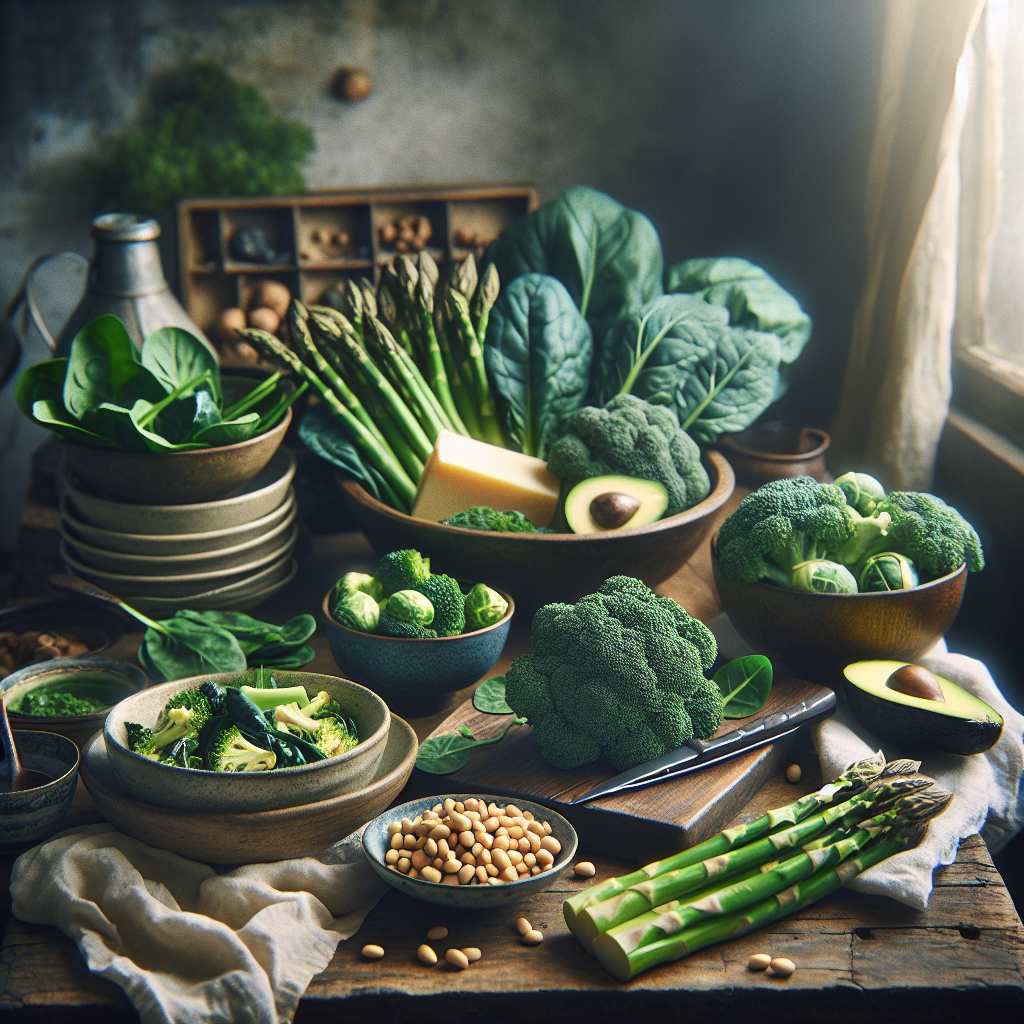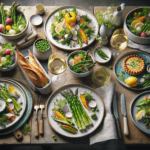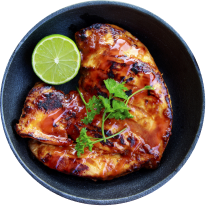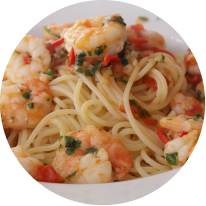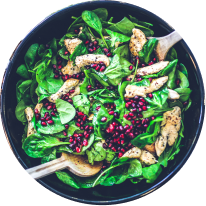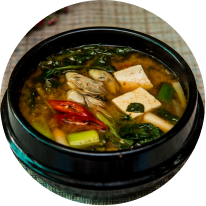9 Foods High in Vitamin K for Wound Healing, Healthy Bones & Heart Health
Vitamin K is essential for blood clotting, bone metabolism, and heart health. A deficiency in this nutrient can lead to excessive bleeding, weak bones, and an increased risk of heart disease. Fortunately, many foods are rich in vitamin K, ensuring that you get the necessary amounts to maintain optimal health.
Why Is Vitamin K Important?
Vitamin K plays a crucial role in various bodily functions, such as:
- Wound Healing: It facilitates proper blood clotting, preventing excessive bleeding.
- Bone Strength: Vitamin K aids in calcium regulation, keeping bones strong and preventing osteoporosis.
- Heart Health: It prevents arterial calcification, reducing the risk of heart disease.
Now, let’s explore the top 9 foods rich in vitamin K and how they contribute to overall well-being.
9 Foods High in Vitamin K
1. Kale
Kale is one of the most vitamin K-rich foods available, providing over 800% of the daily recommended intake per serving.
- Health Benefits: Supports bone density, enhances blood clotting, and protects against heart disease.
- How to Eat: Add it to salads, smoothies, or sauté it with olive oil.
2. Spinach
Spinach is another leafy green packed with vitamin K, offering about 540 mcg per cup.
- Health Benefits: Promotes strong bones, supports cardiovascular health, and improves digestion.
- How to Eat: Use in salads, soups, or blend into smoothies.
3. Broccoli
Broccoli is a powerhouse vegetable that provides around 220 mcg of vitamin K per cup.
- Health Benefits: Supports immune function, aids in detoxification, and strengthens bones.
- How to Eat: Steam, roast, or stir-fry with other vegetables.
4. Brussels Sprouts
These tiny cabbages offer about 156 mcg of vitamin K per cup when cooked.
- Health Benefits: Enhances bone mineral density and improves blood clotting.
- How to Eat: Roast with olive oil or add to stir-fries.
5. Cabbage
Cabbage provides around 68 mcg of vitamin K per cup and is a versatile addition to many dishes.
- Health Benefits: Reduces inflammation, supports digestion, and strengthens bones.
- How to Eat: Add to salads, coleslaws, or soups.
6. Green Beans
Green beans contain about 60 mcg of vitamin K per cup and offer multiple health benefits.
- Health Benefits: Helps regulate blood sugar, supports bone health, and improves digestion.
- How to Eat: Sauté with garlic, steam, or add to casseroles.
7. Asparagus
Offering about 55 mcg of vitamin K per cup, asparagus is a great nutrient-dense vegetable.
- Health Benefits: Rich in antioxidants, supports brain and bone health.
- How to Eat: Grill, roast, or steam and serve with olive oil.
8. Prunes
Prunes not only support digestive health but also contain about 60 mcg of vitamin K per serving.
- Health Benefits: Improves bone density, aids digestion, and reduces inflammation.
- How to Eat: Eat as a snack or add to oatmeals and smoothies.
9. Kiwi
Kiwi is one of the few fruits high in vitamin K, offering around 40 mcg per fruit.
- Health Benefits: Supports heart health, improves digestion, and boosts immunity.
- How to Eat: Slice into fruit salads or blend into smoothies.
How to Incorporate More Vitamin K into Your Diet
Adding more vitamin K-rich foods to your diet can be easy with these tips:
- Include leafy greens in your daily meals.
- Snack on prunes or kiwi for a healthy vitamin K boost.
- Steam or sauté vegetables to retain more nutrients.
- Add fresh herbs like parsley and basil to your dishes for an extra dose of vitamin K.
Final Thoughts
Vitamin K is essential for overall health, assisting in wound healing, strong bones, and a healthy heart. By integrating these nine vitamin K-rich foods into your diet, you can ensure your body gets the support it needs. Remember to consume a balanced diet, rich in greens and other nutritious foods, for optimal wellness.
Start including these superfoods into your meals today and experience the vast health benefits they offer!
